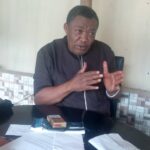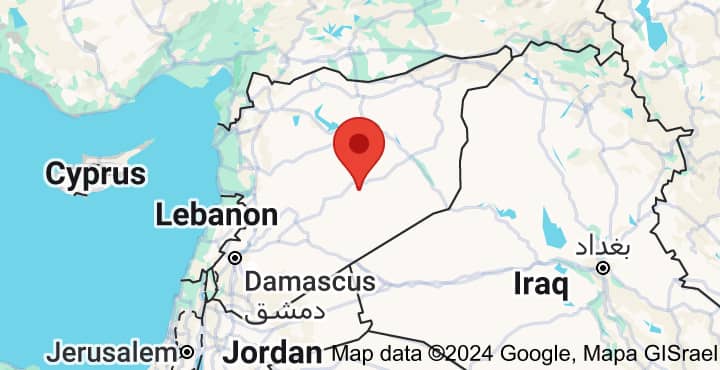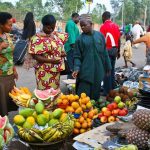BY AISHA SALISU BILAL
The war in Syria, which erupted in 2011, has left the nation in ruins, with millions of lives upended and the country’s infrastructure decimated.
Cities like Aleppo, Homs, and Raqqa, once vibrant centers of culture and commerce, now stand as stark reminders of the devastating toll of conflict.
While the fighting has subsided in some areas, the process of rebuilding Syria is complicated by ongoing violence, political uncertainty, and international sanctions.
The scale of destruction in Syria is almost incomprehensible.
According to the World Bank, the physical damage to infrastructure alone is estimated at over $200 billion. Homes, schools, hospitals, and roads have been reduced to rubble, while essential services like water and electricity remain inaccessible in many areas.
For millions of Syrians, rebuilding is not just a matter of brick and mortar—it is about reclaiming a sense of normalcy after years of trauma.Reconstruction efforts, though limited, have begun in areas under government control.
In Damascus and parts of Aleppo, residents have witnessed the restoration of basic services such as electricity and water, and some housing projects have been launched.
The Syrian government, with support from allies like Russia and Iran, has taken the lead in large-scale initiatives, including rehabilitating power plants and rebuilding transportation networks.
However, these efforts often prioritize strategic locations, leaving marginalized areas in dire need of attention.Humanitarian organizations have also stepped in to address immediate needs, focusing on providing food, shelter, and medical aid to displaced populations.
Agencies such as the United Nations have emphasized the importance of meeting basic human needs before embarking on large-scale reconstruction.
However, international sanctions on the Syrian regime complicate these efforts, limiting the flow of resources into the country and hindering the ability of aid organizations to operate effectively.
Political dynamics further complicate Syria’s reconstruction. Western countries have largely tied their support for rebuilding to a political resolution to the conflict, which remains elusive.
This has left the Syrian government dependent on its allies, who have their own interests in the region. For instance, Russia seeks to maintain its military and political influence, while Iran uses reconstruction projects as a means to solidify its presence in Syria.
This geopolitical tug-of-war has created an uneven and fragmented approach to rebuilding.Economically, Syria faces immense challenges. Hyperinflation has rendered basic goods unaffordable, while unemployment rates are staggeringly high.
The Syrian pound has lost significant value, further impoverishing citizens and limiting the government’s ability to fund reconstruction. Many businesses have fled the country, and those that remain struggle to survive in an unstable economic environment.Despite these hurdles, local communities have demonstrated remarkable resilience.
In some areas, grassroots initiatives have emerged, with residents pooling resources to rebuild homes and schools.
Syrian expatriates have also contributed, sending remittances to support family members and fund small-scale reconstruction projects.
These efforts, though small in scale, offer a glimmer of hope in a seemingly hopeless situation.Syria’s reconstruction is not just about rebuilding structures but also about healing a fractured society.
The war has deepened sectarian and ethnic divisions, leaving communities mistrustful of one another. Reconciliation efforts are crucial for fostering unity and creating a stable foundation for the future. Without addressing these social wounds, physical reconstruction alone will be insufficient.
The international community faces a moral dilemma regarding its role in Syria’s recovery.
While many nations are reluctant to engage with the Syrian government due to its alleged human rights abuses, withholding support risks prolonging the suffering of ordinary Syrians. A balanced approach that prioritizes humanitarian needs while advocating for political reform is essential.
Syria’s road to recovery is long and uncertain. The challenges are immense, but so too is the resilience of its people.
As the world watches, the question remains: will the global community rise to the occasion and support Syria in its time of need, or will it leave the nation to rebuild alone in the shadow of war?
AISHA SALISU BILAL is a 300 level student from Mass Communication Department Borno State University, Borno State.













I really enjoy reading you always because you focus on human angeled stories